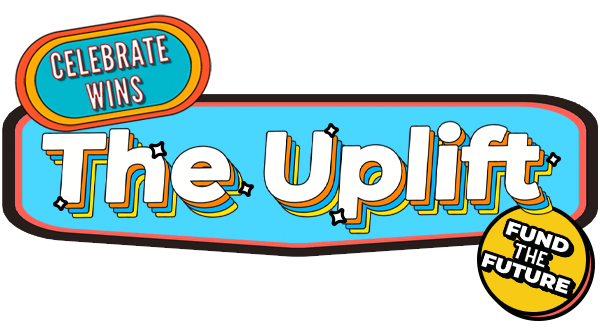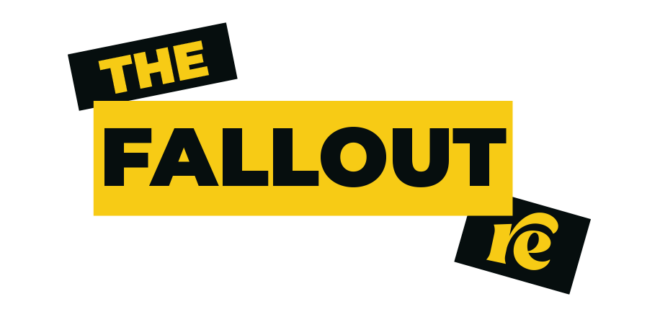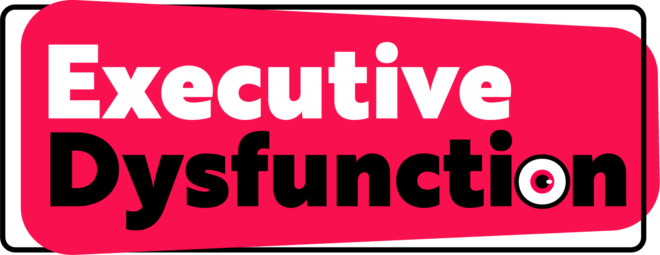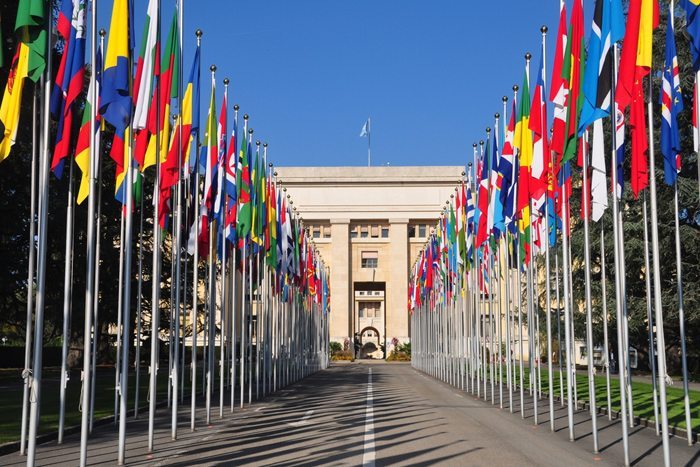
Marianne Møllmann
International Gay and Lesbian Human Rights Commission
Marianne Møllmann is Director of Programs at the International Gay and Lesbian Human Rights Commission in New York City. Ms. Møllmann previously was a senior policy advisor with Amnesty International’s International Secretariat in London where she focused on freedom of expression and sexual rights issues, and a women’s rights researcher and advocate with Human Rights Watch in New York. Ms. Møllmann specializes in sexual rights, reproductive rights, women in conflict, economic rights, and anti-discrimination.






